Chef Mei Kogo x Sushi Yugen: Japan’s Finest Meets Toronto’s Global Table
Written by Shinan Govani. Edited by the Fête Chinoise Editorial Team.
Photography: Rosanna U, Shinan Govanni
Foreword
In Toronto, where East and West meet daily in the rhythm of the city, food has become one of the most powerful languages of connection. For Fête Chinoise, these intersections of culture, creativity, and identity define what it means to celebrate East Asian heritage in Canada.
When Chef Mei Kogo, one of Japan’s most celebrated young sushi masters, arrived in Toronto for a two-day residency at Sushi Yugen, it marked an exciting moment for the city’s dining scene.
For Kamen Sun, co-founder of Sushi Yugen, hosting Chef Mei in Toronto is deeply personal. After a decade in corporate accounting, she left to pursue her passion for Japanese culinary art.“As a woman in a traditionally male-dominated industry, there’s a quiet understanding when two women recognize in each other the same discipline, drive, and pursuit of perfection. That connection feels effortless — built on mutual respect, shared purpose, and the belief that excellence has no boundaries.”
Joining Chef Mei is Yugen’s Head Chef Igarashi, who has been with the restaurant since its opening. With over 25 years of experience in Japan and abroad, he brings mastery of kaiseki and Edomae sushi, combined with a sensitivity to the local palate, always exploring how tradition can evolve without compromise. Every menu reflects care, thoughtfulness, and growth.
Together, they curated a 24-course menu featuring Chef Mei’s Edomae sushi and tsumami selections alongside Chef Igarashi’s Kaiseki-inspired creations. Each course was paired with an exclusive Burgundy wine, presented for the first time ahead of its official launch in spring 2026.
"Sticky."
"Sweet."
"Spicy. But not too spicy."
That was Mei Kogo in Toronto the other night singing me the praises of a particular wasabi - the only one she uses to go with her jewel-like creations. Wasabi, like wine, has a "terroir", she said - which is why she sources it from a single farmer, and is, in fact, emblematic of what's made her the singular sensation she's become.
The number one young female sushi master to watch, in Japan - and one of a perilously few in an industry that remains obstinately male-dominated - the 36-year-old (who is also a trained sommelier!) was in Canada for the first time. A two-day whirl at the oh-so-wonderful Sushi Yugen on York Street.
Two lunches. Four dinners. Just 72 seatings, in total, brought together for a tip-top experience that dinged at 1K per person ($1.5K with burgundy pairing for the dinner option). Worth it, certainly, for the couple down from the main counter from me when I was in. Unable to get a rez at Sushi Meino, Kogo's eight-seater spot when in Tokyo, as they casually mentioned (the place is usually booked up for a year, with reservations only possible through "referral"!), they clearly felt they'd did an end-run by getting face-time with the chef on this continent.
An Evening of Precision and Poetry
Praising the "Japanese artistry" that the woman of the hour represents, Sushi Yugen's charming frontwoman Kamen Sun, started off our dinner with a welcome, telling us that Kogo combines "tradition with contemporary touches."
In particular, Sun continued, Kogo has "a very refined sensibility when it comes to aroma and balance, so she seasons very lightly. Her flavour profile is cleaner...but layered with a fine intensity." Drawing inspiration, even, from her studies in France, where she studied wine.
Sushi Yugen co-founder Kamen Sun
Before long, we were seeing for ourselves, as a ribbon of twenty-plus offerings came out to us with balletic precision. Minuet of uni; a flourish of abalone. "Kohada," aka gizzard - super-lightly fried, and often seen as a measure of a sushi chef's skill - arrived like a sly surprise. The "nigiri" portion of our meal: like a show within a show.
Likewise, a dish bearing spotted prawn, direct from Japan, was an experience - familiar, but on another level, netted delicately, as if a Dior veil, and kissed with key lime for some acidity.
All the while, Kogo made it all look relatively effortless behind the counter - her cutting strokes happening with a sorcerer's touch, and with a kind of hush (features that also made her so compelling as the subject of a popular Japanese documentary series). I took this moment to ask her about her journey, which she was happy to indulge me with, in halting but smile-ready English.
“Fish is my life. I love working with it, and eating it," she said at one point. A mission statement, if there ever was one!
Kaiseki inspired courses from Sushi Yugen,
Kaiseki inspired courses from Sushi Yugen,
Kaiseki inspired courses from Sushi Yugen,
A Shift in Tradition
Considering that this was just days after Japan elected its first female Prime Minister (a significant moment in what can still be a sexist culture), and that the vast majority of sushi masters continue to be male (only 5.5% out of 10,628 sushi restaurant owners were female in 2021, according to the Financial Times), I wondered if she felt there was progress afoot.
"We are seeing more," Kogo said, adding that, in her own situation, her father encouraged her to take this path. "He always supported me."
Fortunately, many of the groundless myths around the idea of women making sushi have started to evaporate - old ideas that women's hands are too warm to handle quality fish. Or that their hands are too small to shape the rice!
It was only in 1999 that Japan even lifted a ban on women working past 10 p.m. - something that clearly affected previous generations in the industry.
And while there is still room to grow even now, it's happening. Paris' Chizuko Kimura, for instance, made history not long ago by becoming the first female sushi chef in the world to be awarded a Michelin star.
When I asked if she does anything to exercise her hands, or to keep them agile, Kogo said no, not really. "Just sushi!"
Ultimately, "it's about the quality of the fish, and what you put on the plate,” she said, pointing to the framed certificates from Toyosu Market that sat prominently on the side of the counter, confirming the provenance of so much on our plates this eve.
“They give her only the best. Because tuna can vary so much," Sun interjected.
From Fukuoka to Toronto: The Spirit of Exchange
Kogo's palette, and her openness? Shored up possibly by her upbringing. And growing up in Fukuoka - a city that is the most populous on Kyushu island, is Japan's 6th largest city, and has been a center of commerce since ancient times. Long considered a gateway, as it is the nearest point to the Asian mainland, it is a city that rose to prominence during the Yamato period, and because of the cross-cultural exposure (and relatively great distance from the centers of say, a Kyoto, or a Tokyo) gained a distinctive local culture that persists to this day.
"Fukuoka Is Japan’s Most Overlooked Street Food Paradise," wrote Conde Nast Traveler, for instance, just earlier this year, praising a place that's often bypassed by western visitors, and zeroing in a breed of sidewalk restaurants - known as “yatai" - that have virtually disappeared from other parts of Japan. Thanks to its proximity to China, Fukuoka was one of the first Japanese cities to embrace the gyoza, too.
And while Kogo herself moved to Tokyo when she was in high school, it is evident that a little bit of Fukuoka sits inside of her - a name that actually is a play on the word fuku (福), meaning "good fortune" or "blessing." Which is exactly what eating Kogo's food felt like. Good fortune!
“I’m sorry this evening will end,” she told the room as our dinner was sadly, but surely, crawling to an end.
Postscript: A Shared Table
Chef Mei Kogo’s residency at Sushi Yūgen reflects a subtle exchange built on respect, artistry, and curiosity. It’s a spirit that we at Fête Chinoise has also been cultivating, by highlighting creative voices across the diaspora, featuring artists from Asia in our annual publications, and connecting them with the Canadian community through our Annual Signature Event.
These encounters, whether across a dining counter or within a gallery space, remind us that every gesture of exchange contributes to something larger.
read more
Sharing Culture Through Culinary Craft at Sushi Yūgen
Sushi Yugen was born from a lifelong appreciation for food culture and artistry. Inspired by her father, a devoted food lover, co-owner Kamen Sun grew up with high standards for taste and a deep understanding that, in today’s world, the story behind the plate matters just as much as what’s on it. Sushi Yugen was created to bring forth the essence of Japan, from the flavour of the food to the atmosphere that surrounds it, offering a moment of Zen. As a Chinese-Canadian, Kamen has over a decade of experience in the culinary space and travels back to Asia often to engage in the global dialogue of food, and to stay ahead of innovations, trends, and evolving tastes.



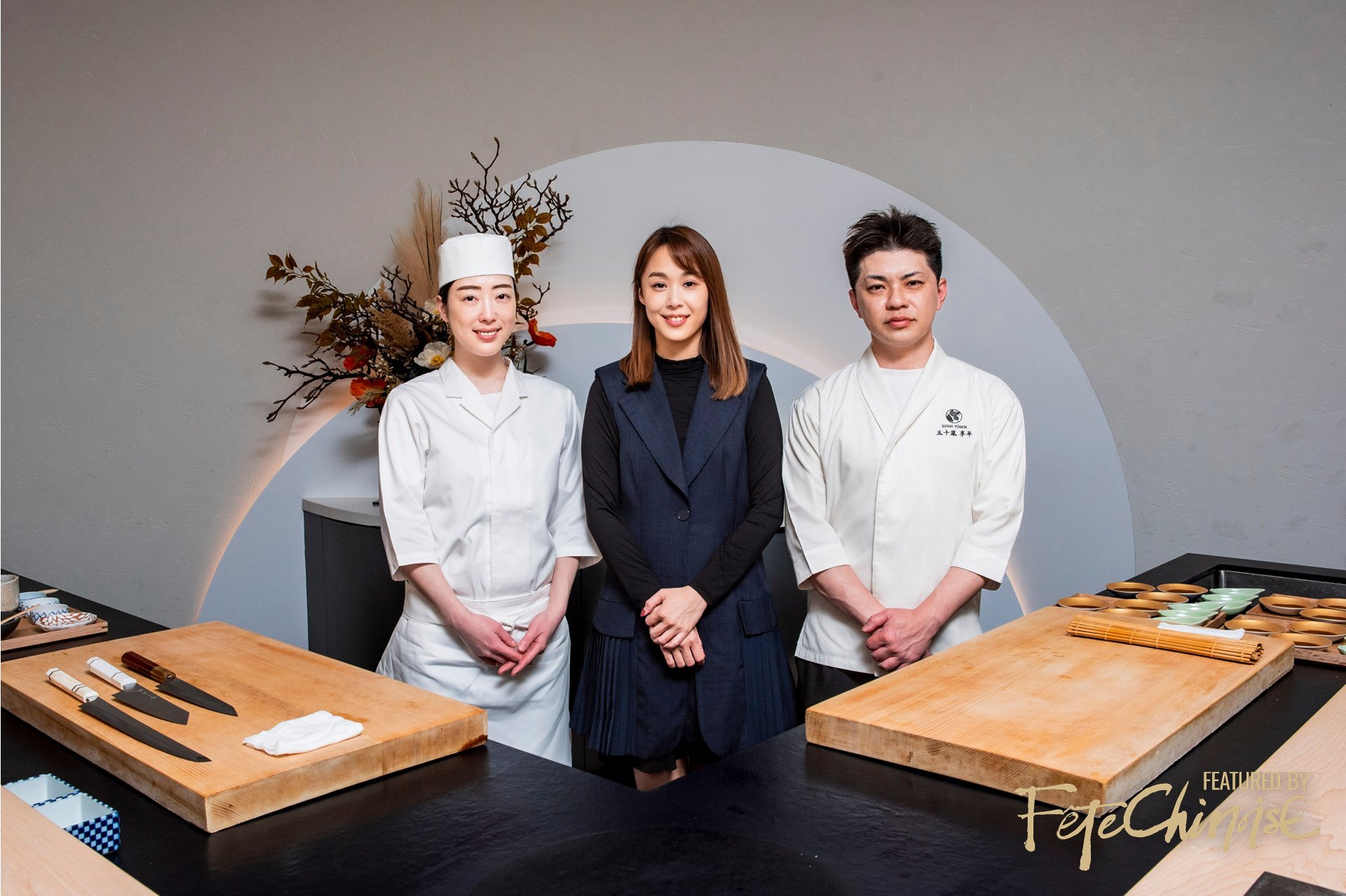




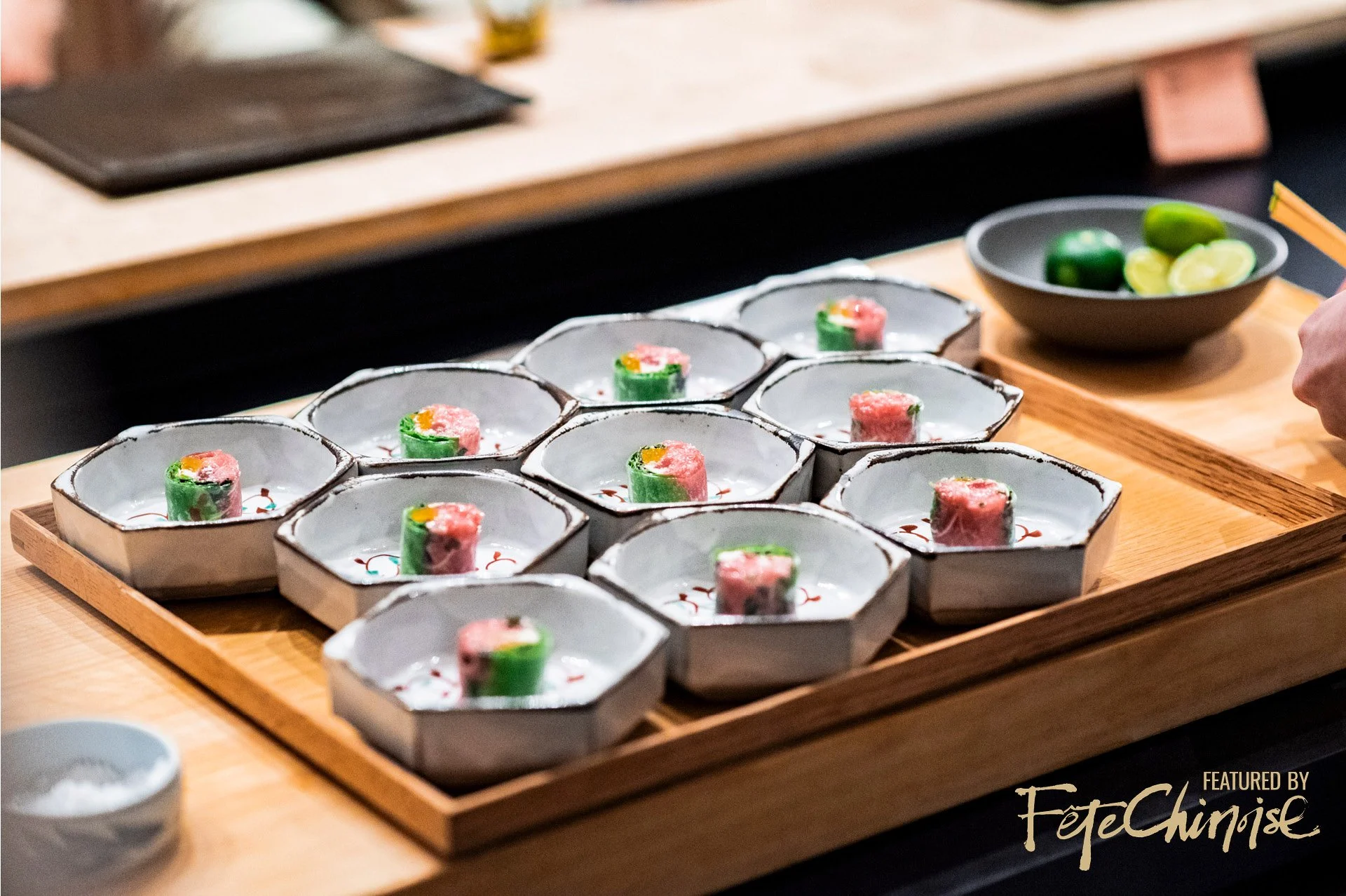















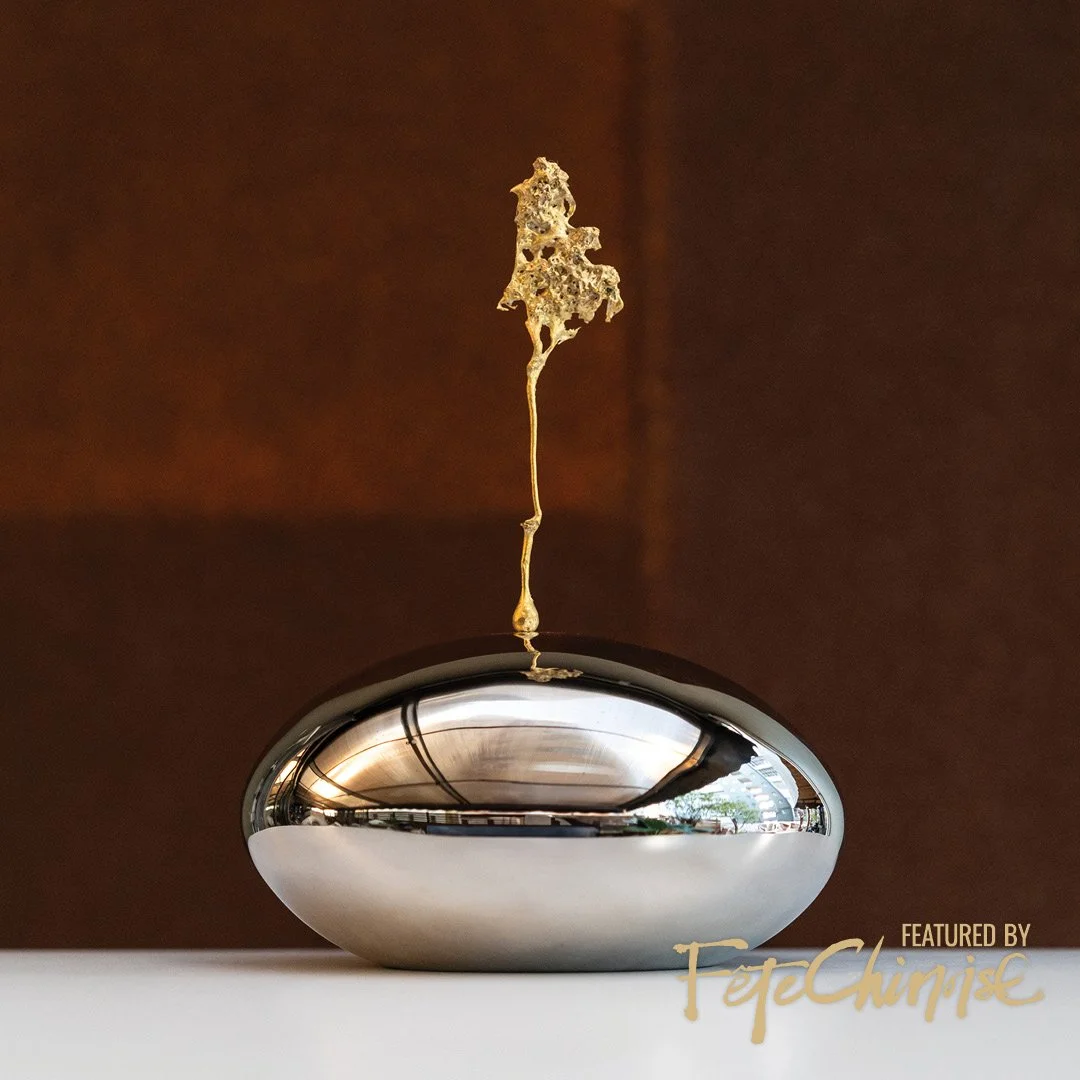
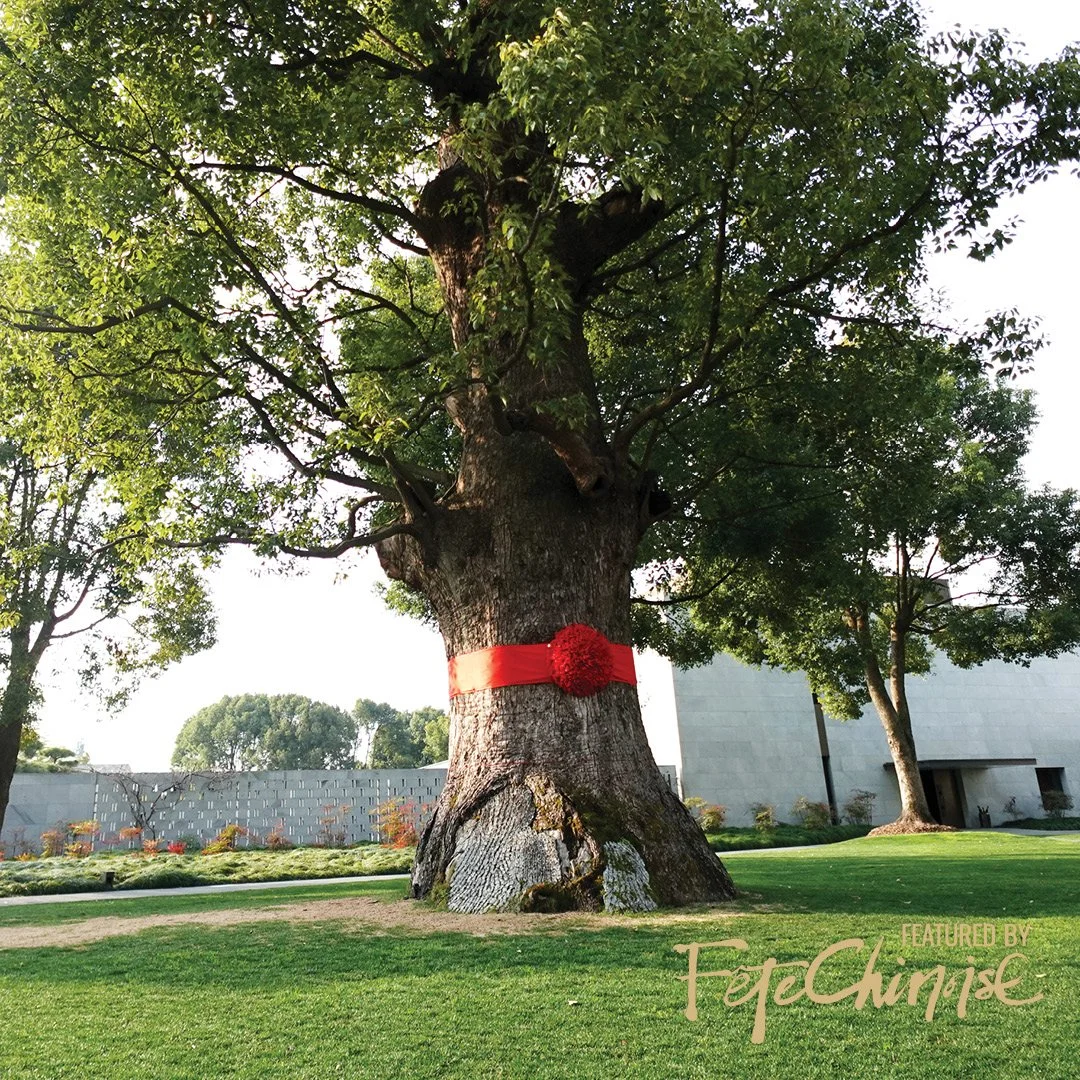


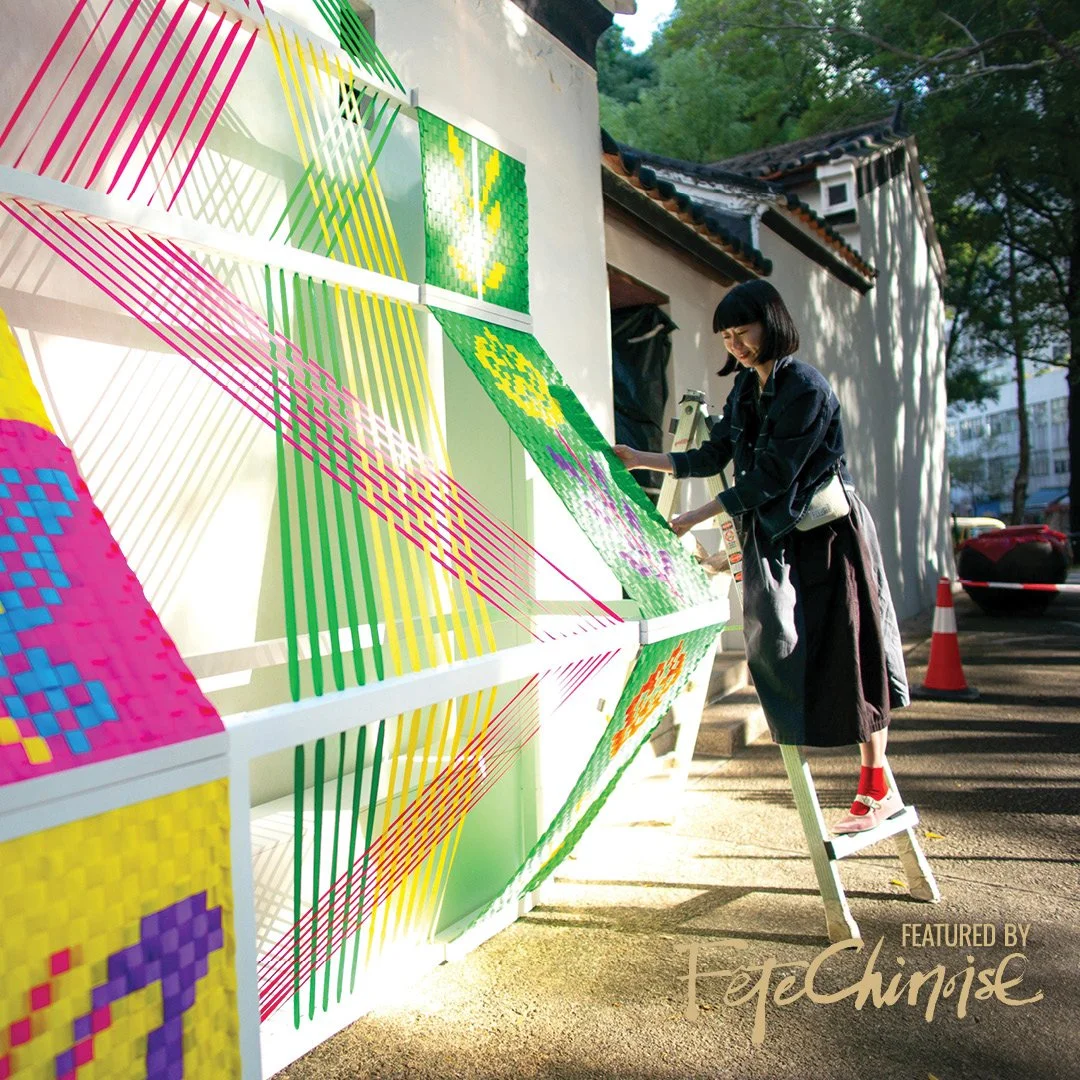




In the skilled hands of Master Hui Ka Hung, paper transforms into vibrant, lifelike creations embodying Hong Kong’s cultural heritage.
Hong Kong is a fast-paced city filled with innovation and potential. Among its towering skyscrapers are streets alive with people rushing to their next destination. Beyond the urban chaos lie alleys steeped in history and tradition. It is here that artisans preserve Hong Kong’s cultural heritage through traditional skills passed down for generations. Among them is Master Hui Ka Hung, whose workshop, Hung C Lau, has become synonymous with the art of paper craft.